The Speaker of the Libyan House of Representatives, “Aguila Saleh” has signed the law for holding presidential elections in December, despite the rejection of this legislation by the Supreme Council of State – dominated by the Muslim Brotherhood – considering it “flawed”. “The parliament spokesman said that Saleh sent the law, which will open the
The Speaker of the Libyan House of Representatives, “Aguila Saleh” has signed the law for holding presidential elections in December, despite the rejection of this legislation by the Supreme Council of State – dominated by the Muslim Brotherhood – considering it “flawed”.
“The parliament spokesman said that Saleh sent the law, which will open the way for holding the presidential elections on December 24, to other political institutions and to the United Nations.
On the other hand, the Supreme Council of State in Libya, which was established under the 2015 agreement, considered that Saleh pushed the law forward, using powers he did not possess in order to obstruct the upcoming elections, by deliberately issuing a flawed election law.
The mandate to hold presidential and parliamentary elections came through an UN-backed political conference last year in a process that also led to the formation of a national unity government in March.
So far, the parliament, which was elected in 2014 and is based in eastern Libya, has not approved an election law that would pave the way for the election of a new parliament to replace it.
The law on presidential elections will allow incumbent officials to run for office as long as they temporarily resign from office three months before the election date.it was stated that the Parliament approved the draft law last month and sent it to the legal committee, but it did not take another vote on it before Saleh passed it into law.
The peace process in Libya has faltered since the formation of the unity government, amid obstacles over agreeing on how to conduct elections and a unified budget, and there are also doubts regarding holding the elections.
“The holding of elections is becoming more and more unlikely, day after day, and time is running out,” said Tarek El Maghrisy, a researcher at the European Council on Foreign Relations.
Among the possible presidential candidates are Khalifa Haftar, commander of the Libyan National Army, and Saif al-Islam Gaddafi, son of former Libyan leader Muammar Gaddafi.
In a tweet on “Twitter”, Fathi Bashagha, who was the Minister of Interior in the internationally recognized Tripoli government, which was replaced by the new national unity government, said that he supports the new law.
Bashagha, who is also considered as a potential candidate, added “We call on all local and international actors to support the law and complete the rest of the procedures that facilitate the electoral process.”
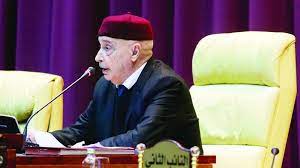

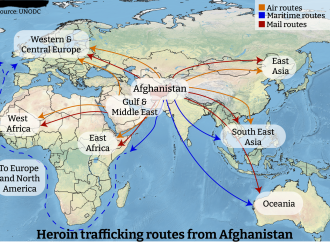
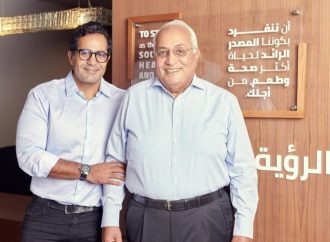
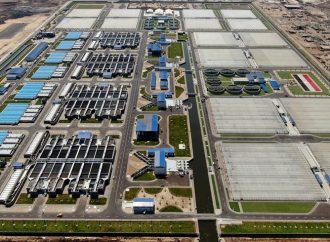
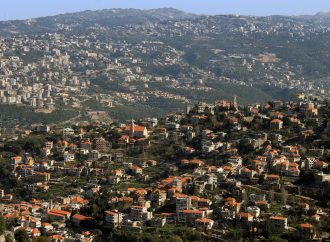
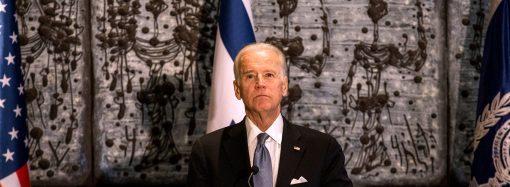


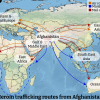



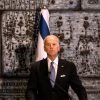

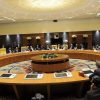
Leave a Comment
Your email address will not be published. Required fields are marked with *